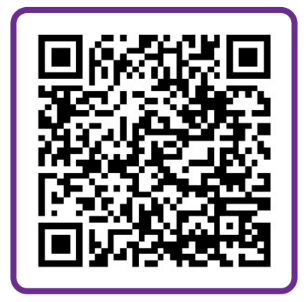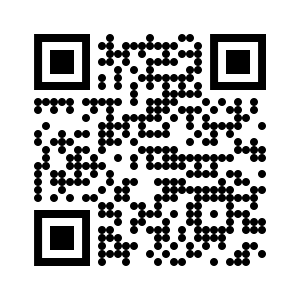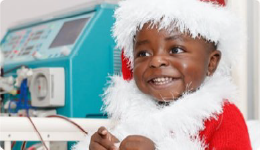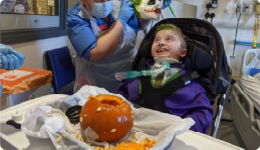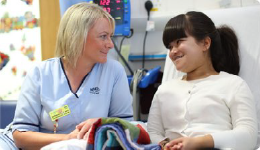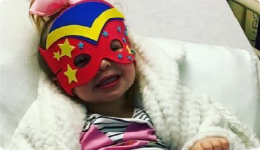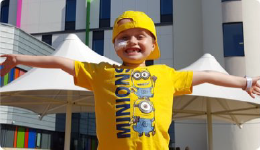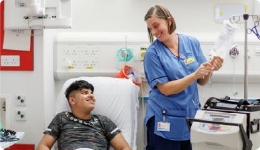Preasssesment allows us to gather all the relevant information to ensure you/your child is prepared and well to proceed with the anaesthetic.
Information for parents, carers and patients about: Preassessment
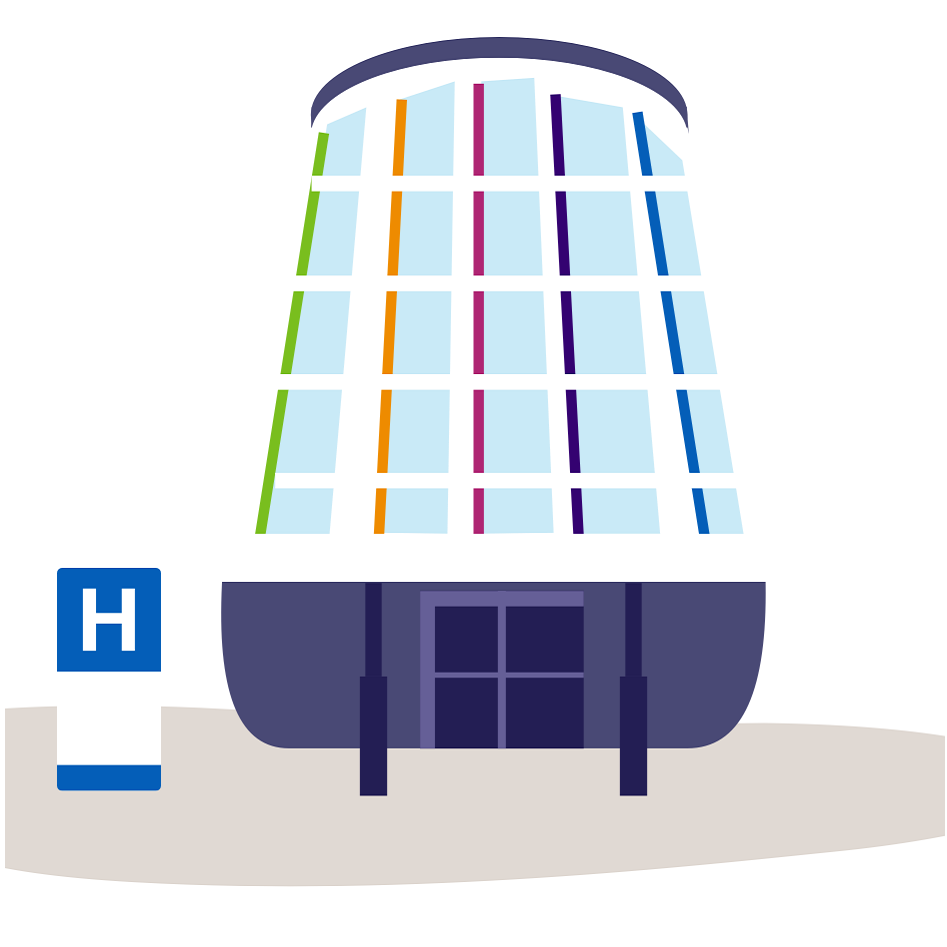
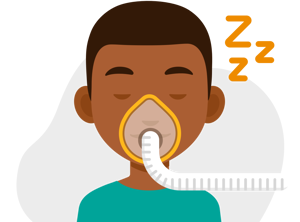
Download this information as a pdf for printing
Information for patients, parents and carers about your anaesthetic: as you/your child or young person is coming into hospital for a procedure or surgery this leaflet will give you important information and advice.
If you have been asked to bring your child in at 7:30am their procedure will be between 9am and 1pm.
If you have been asked to bring your child in at 11am their procedure will be between 1.30 and 5pm.
Your child should have their usual medication on the day of their procedure unless we have told you not to. Please tell the anaesthetist, on the day, which medications your child has had. Please bring their medication with you on the day of their procedure.
It is important that your child or young person does not eat before their procedure. Please follow the instructions below:
Morning Fasting Instructions (7:30am admission)
Your child can have:
- Food until 3:00 (in the morning)
- Milk including formula until 5:00 (in the morning)
- Breast milk until 6:00 (in the morning)
- Clear fluids – until they arrive at the hospital. The staff will then give you further instructions.
Afternoon Fasting Instructions (11:00am admission)
Your child can have:
- Food until 07:30 (in the morning)
- Milk including formula until 09:30 (in the morning)
- Breast milk until 10:30 (in the morning)
- Clear fluids – until they arrive at the hospital. The staff will then give you further instructions.
What is a clear fluid?
Water, diluting juice, Dioralyte, still (not fizzy) drinks such as: Fruit Shoot, Capri-sun or flavoured water is allowed.
We recommend full sugar clear fluids whilst fasting to prevent low blood sugars.
Fasting instructions may differ for certain procedures or if your child or young person has certain health conditions. If this is the case, we will discuss this with you.
*Please note:
- Chewing gum, boiled sweets and milkshakes are classed as foods.
- Fluid thickeners and high protein formulas are also treated as food.
Anaesthetics are considered very safe. It is common to have some mild and temporary side effects after a
general anaesthetic. These usually go away quickly and are not a cause for concern.
While the overall risk is low, it is important to remember that risks can vary depending on people’s health and the type of procedure. The anaesthetist will assess these factors during the pre-operative consultation.
Before your child’s procedure, you will meet the anaesthetist to discuss their medical history, any concerns you have, and your anaesthetic plan. This helps you understand the process and give informed consent.
Risks
Very common (more than 1 in 10 people): sore throat, agitation when waking from anaesthetic, sickness, temporary changes in behaviour e.g. anxiety, sleep problems.
Common (between 1 in 10 and 1 in 100 people): minor lip or tongue injury, discomfort at injection site.
Uncommon (between 1 in 100 and 1 in 1000): breathing problems, skin damage.
Rare (between 1 in 1000 and 1 in 10000): need for unplanned admission to intensive care, injury to eye, damage to teeth.
Very rare (1 in 10000 and 1 in 100000): anaphylaxis (allergic reaction to a drug), awareness during anaesthetic, death as a direct result of anaesthesia, long term disability.
Many everyday activities are riskier than the very small risks linked to anaesthetics.
For more information, please go to:
Common events and risks for children and young people | The Royal College of Anaesthetists
- Your child or young person can brush their teeth on the day of their procedure.
- Please make sure that your child or young person does not wear any make up on the day of surgery.
- Please remove all jewellery, piercings, false nails, eye lashes and nail polish. If you are unable to do this, please tell the nursing staff or anaesthetist.
- You are welcome to bring small items such as mobile phone, iPad or tablet, blanket or cuddly toy.
- Please bring two-piece pyjamas - no onesies please.
- There is a playroom, teenage room and sensory room within Wards 1A and 1B.
- All other wards have playrooms.
As policy, all young persons assigned female gender at birth who are menstruating or over the age of 12 will be asked for a urine a sample for pregnancy testing. Please let us know if you have any concerns.
If you think you are pregnant, please let us know.
Please do not smoke nicotine containing products, vape, drink alcohol or take recreational drugs for 48 hours before your anaesthetic. They can affect the medicines we use during your anaesthetic. If you want help to stop, please contact us via the details below.
All young persons over the age of 16 must consent for themselves, if capable, so need to attend the pre-assessment appointment. Parents/carers can be present. If your young person has incapacity, please bring any paperwork relating to guardianship/power of attorney with you.
Ideally you should go home by private car or taxi - not public transport.
Please make sure that you have a supply of paracetamol and ibuprofen at home.
If you have any questions, please ask the staff or contact
Email: ggc.preadmiss.generic@nhs.scot
Telephone: 0141 452 4340
If you would like more information, please go to:
We are keen to have your feedback on our service to help us continue to improve.
Please leave your comments using the QR code below or the link to visit the RHC Pre Operative Assessment area of Care Opinion:
